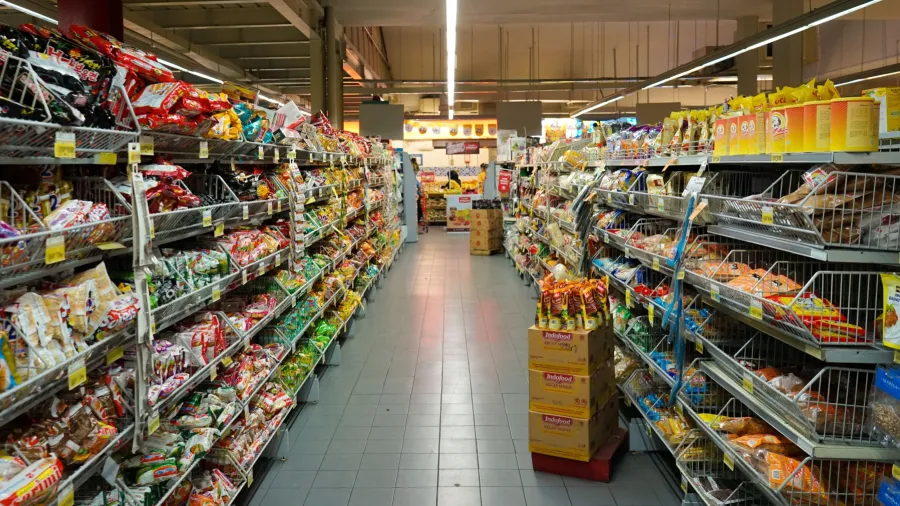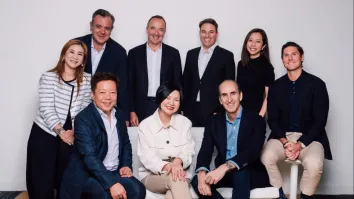
What sustainability trends will define the grocery market in South Korea?
Suppliers have started to adjust to the demands for sustainability.
The post-pandemic state of retail grocery in South Korea has been hugely different from how it used to be. This shift is closely associated with an increase in single-person households, the proliferation of mobile channels even for elderly shoppers, and the increased appeal of convenience stores, a study by McKinsey and Company revealed.
With these changes, several factors are seen to impact the grocery market in the coming years, one of which is sustainability.
Grocery is an exception in terms of South Koreans’ interest in responsibilities related to the environment. Usually, South Koreans express less interest in these environmental duties across retail categories, but not in grocery. They actually show a higher willingness to pay more for environment-friendly goods with less packaging, compared to shoppers from other countries.
In South Korea, people whose income levels have grown become more focused on the quality of life, consequently paying more attention to healthy eating. This means more willingness to pay for healthier products, and higher expectations in terms of quality and sustainability of the foods they buy.
As a response, grocery retailers have launched new products with lower sugar levels, fewer artificial ingredients, and more nutrients. This move to adjust pushed a boost in the revenues of sellers who were quick enough to adjust. In particular, organic retailers recorded double-digit growth in their sales in 2020.
Even suppliers of packed foods have adjusted to the demand for sustainability. One example is plastic bottles without labels in an effort to promote recycling.
Preference for sustainable practices has also affected online sellers, as consumers find too much packaging used in delivery as one of the factors that prevent them from online shopping. To address this, e-commerce retailers like Coupang and Market Kurly have leveled up their game through the introduction of reusable packaging programs.
During this time, consumers are looking for products with a clear value proposition, including efforts for sustainability. They are willing to spend, and thus they expect what’s in the market to be worth their money. This trend will continue in South Korea’s grocery market, challenging producers and sellers to dive deeper into which factors consumers are willing to pay for, and adapt to these preferences accordingly.

















 Advertise
Advertise







